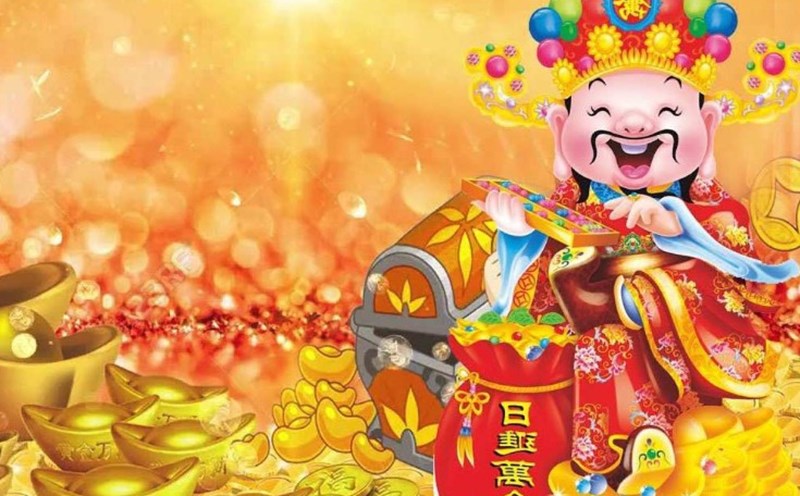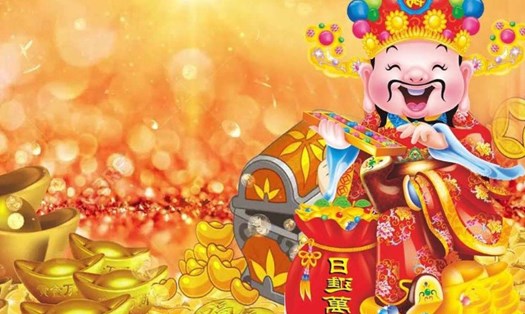God of Wealth Day is an occasion for people to pray for prosperity and luck in business and life. However, customs and rituals of worshiping the God of Wealth have significant differences among Asian countries.
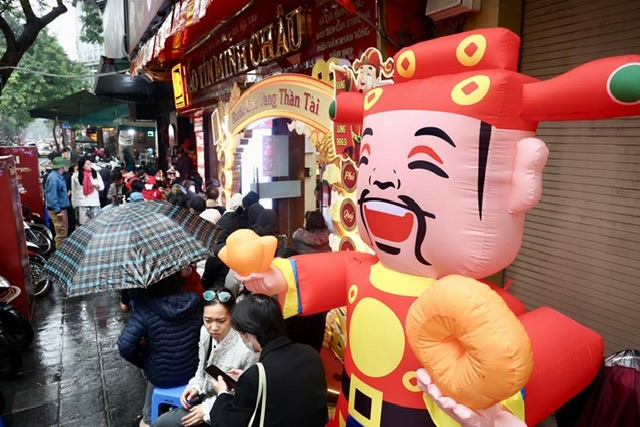
Vietnam
In Vietnam, God of Wealth Day falls on the 10th day of the first lunar month. In 2025, God of Wealth Day falls on Friday (February 7).
People often worship the God of Wealth at shops, companies, businesses or at home. The offering tray on the God of Wealth's day usually includes roast pig, roast duck, boiled chicken with roses in its mouth, intact organs, fruits, clean water, etc.
Folklore also says that the God of Wealth loves crabs, meat buns, eggs, and ripe bananas. Some places also offer grilled snakehead fish.
A popular activity on this day is buying gold, which is believed to bring good luck and fortune for the entire year. This is not only a custom but has become a cultural habit, reflecting the belief in prosperity and wealth.
China
In China, the God of Wealth's Day takes place on the 5th day of the first lunar month. People often welcome the God of Wealth by going to temples to pray for good luck or participating in large processions on the streets.
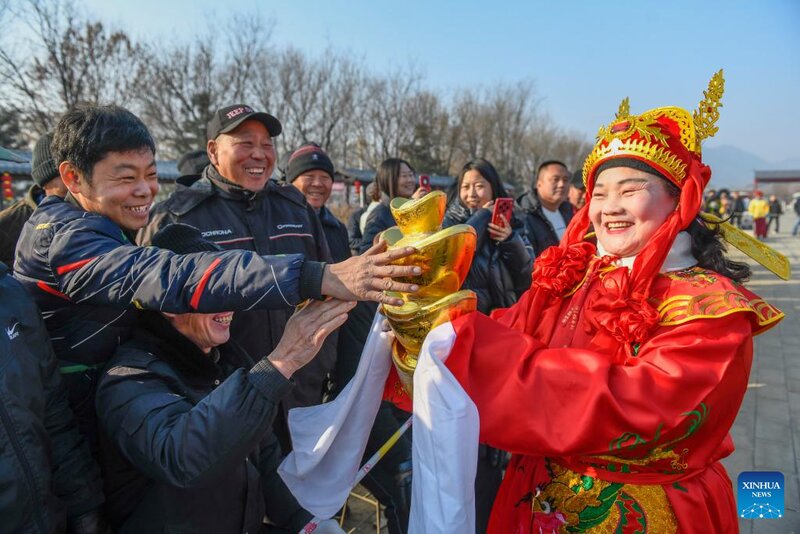
People in this country also have the custom of "sending off poverty" and "welcoming the God of Wealth" by cleaning their houses and removing taboos during Tet.
Not only do Chinese people buy gold for luck and savings, they also often receive lucky money and perform rituals to pray for wealth, according to Xinhua.
God of Wealth Day in China is not only an occasion to pray for prosperity but also an opportunity for families to reunite and share joy.
Japan
In Japan, there is no God of Wealth Day like in Vietnam or China, but there is a similar god called Ebisu. Ebisu is one of the seven gods of luck (Shichifukujin) and is considered the god of prosperity, business and fishing.
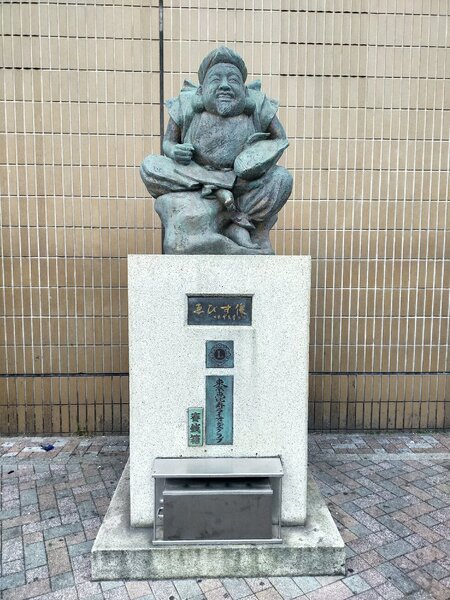
This god is often depicted as a man holding a fishing rod and a fish, symbolizing luck and fortune.
The Japanese often worship and pray to Ebisu for prosperity and good fortune in business and life. Instead of buying gold, they focus on other traditional rituals and customs to welcome good luck and wealth.





